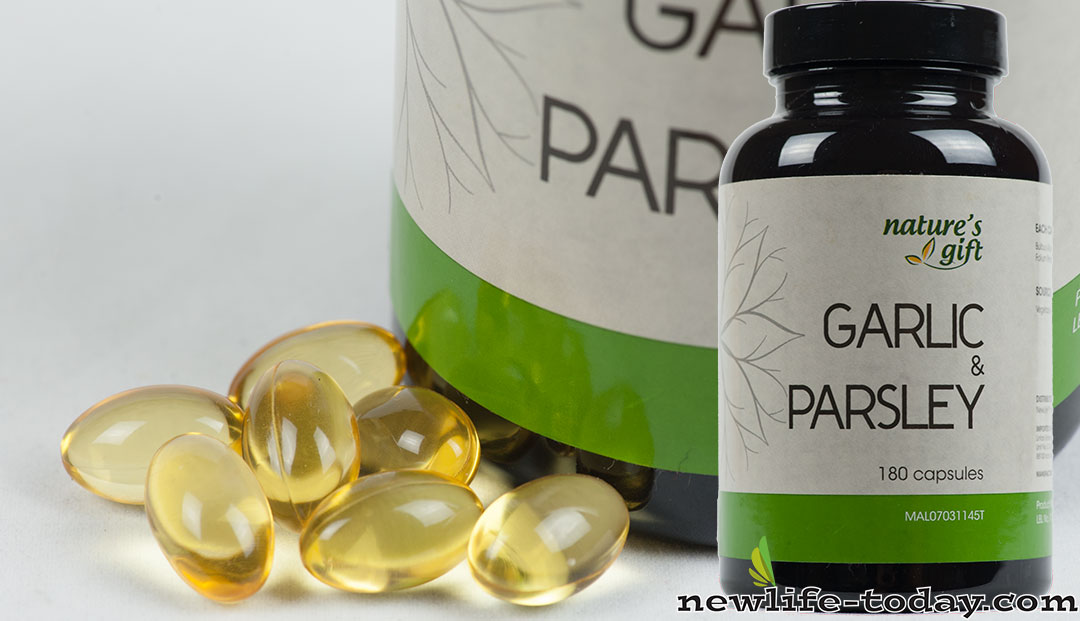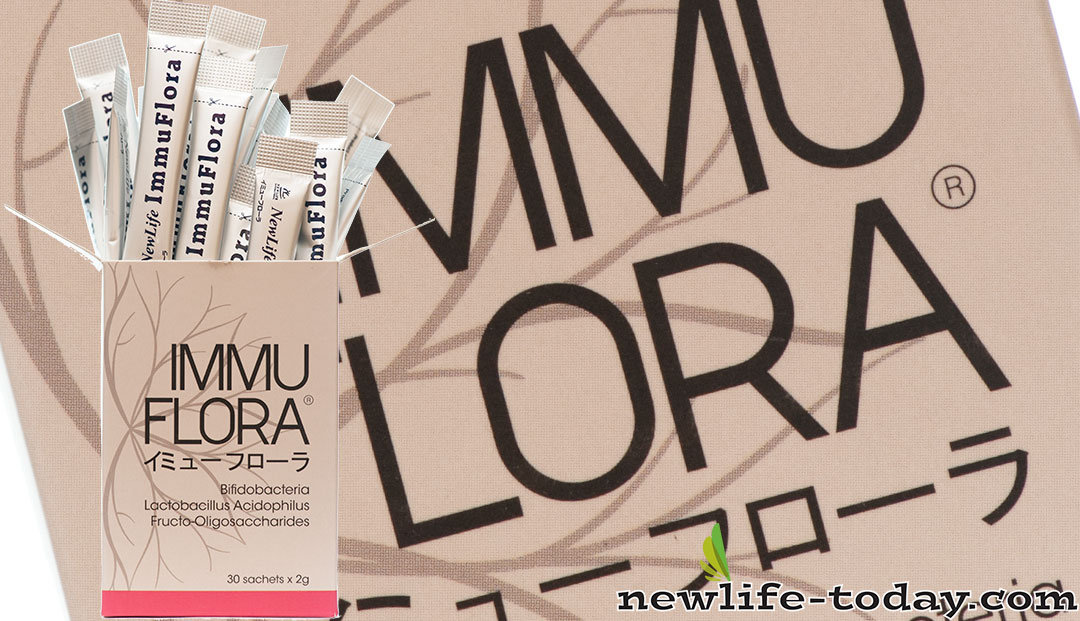Preventing Cancer with Friendly Bacteria
by Tan Snow Wie (MSc Nutrition, USA)
“My mother had colon cancer; my uncle and grandfather died of it too. I have been doing everything I can to prevent getting cancer. Ever since I read about high fiber diets in relation to cancer. I’ve been eating more vegetables and rolled oats. A recent check-up with the doctor showed that my butyrate level is low. This means I have a much higher risk of getting cancer. Is there anything else I can do about preventing cancer, as well as staying as healthy as I can?”
Firstly, let me explain what “butyrate” is. It is a non-toxic substance produced by normal intestinal bacteria mostly from dietary fiber. Butyrate has been found to help to restore normal growth patterns in order to avoid the development of cancerous colon cells. Still, with the consumption of vegetables and a high fiber diet, many find themselves with a high risk of getting cancer. Why is this so?
One at the main reasons could be due to lack of good, friendly bacteria in our intestinal tract, thus inhibiting the production of normal, healthy growth patterns in our colon. In newborn babies, their colon consists of 90% good bacteria. As we grow and are introduced to many types of food, the quantity of bad bacteria soon overrides the good bacteria, causing havoc in the system. Symptoms such as diarrhoea or yeast infections normally do not show up unless there is an extreme depletion of good bacteria. For example, 10% friendly bacteria versus 90% harmful bacteria.
Some of the reasons attributed to the loss of friendly bacteria could be due to consumption of antibiotics at some time. Other medications can also affect them. Diets high in sugar, incompatible meats, and refined carbohydrates can contribute to the growth of the “wrong” kind of intestinal flora. Sometimes, it’s a pH… acid-alkaline imbalance: if there isn’t enough acid being made by the stomach to produce an acidic medium in the intestinal tract, friendly bacteria will not grow.

In order to get the friendly germs back, we have to both introduce them into the body and inhibit the growth of harmful bacteria until the “good guys” can take over and crowd them out. One of the best ways to do this job is to consume garlic. Garlic is a miraculous. natural antibiotic. Its antibacterial action is equivalent to one percent that of penicillin. Because
of its properties, garlic
been used widely to prevent and treat diseases, infection, fungus, and bacteria.

Another good source of inhibiting the growth of harmful bacteria is flax seed oil. Used extensively for colon problems, female disorders, inflammation and tumors, its linoleic acid, linolenic acid and unsaturated oils promotes healthy cell and body growth. Spirulina, too, is a wonder food; it not only promotes the growth of friendly bacteria but also helps to oxygenate the cells and tissues.
Remember, butyrate appears to help prevent colon cancer, which is one of our goals. But the friendly bacteria do supply butyrate and much more. For example, they synthesize a significant proportion of certain vitamins that we otherwise would not get. Some of the most common friendly bacteria I have come across are the Lactobacillus, Acidophilus. Thermophilus, and Bulgaricus which are present in yoghurt or in capsule form. However, one has to be sure to consume substantial amounts of these bacteria as much of it is destroyed by the stomach’s high acidity level. The best friendly bacteria I have personally tested and found is the Bifidobacterium Longum, which not only lives through the stomach’s acidity, but also prevents the propagation of harmful bacteria in our colon, thus regrowing the usual quantities of friendly intestinal germs. Thus, the butyrate comes back as one part of the overall normalisation, adding another significant factor to a cancer prevention programme.

Each sachet of Immuflora contains 10 billion Bifidobacterium Longum which are essential for the health of the colon.






